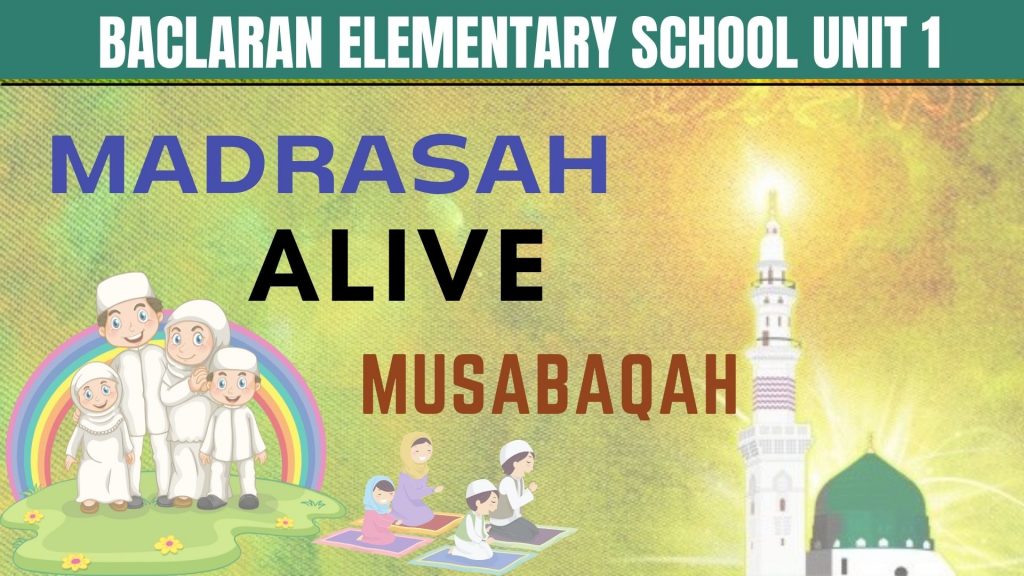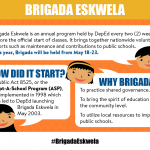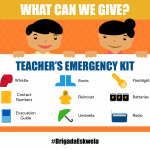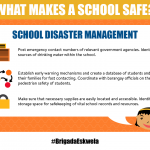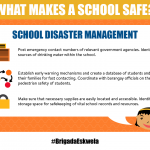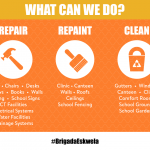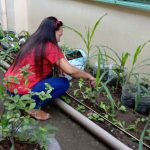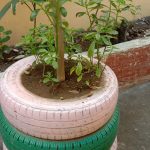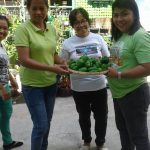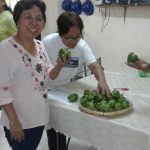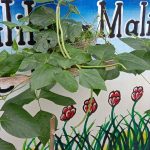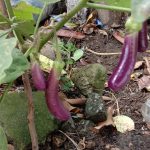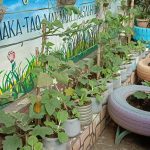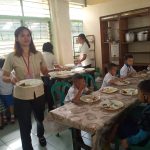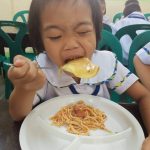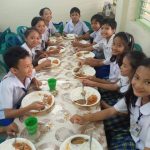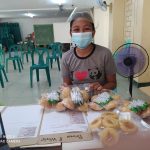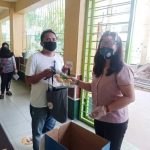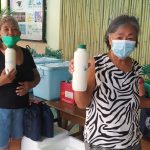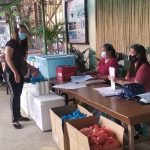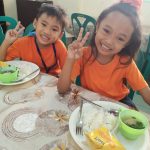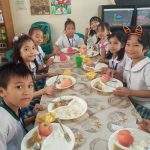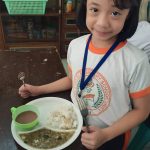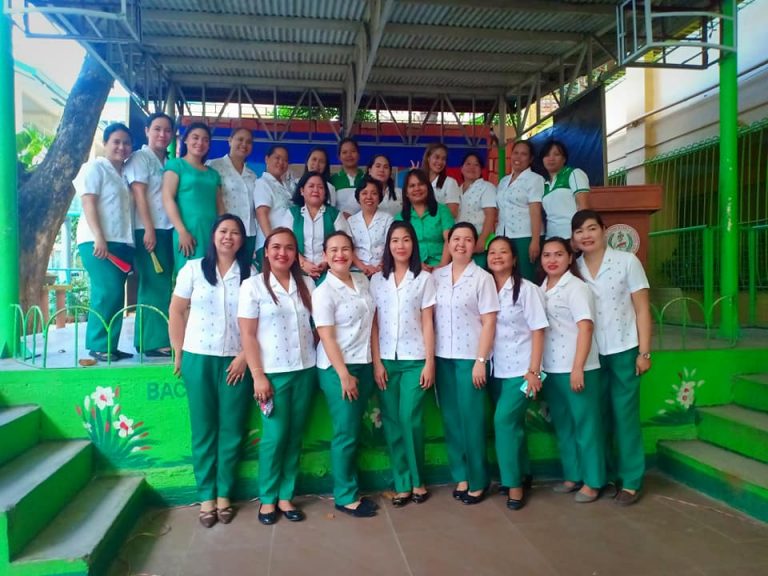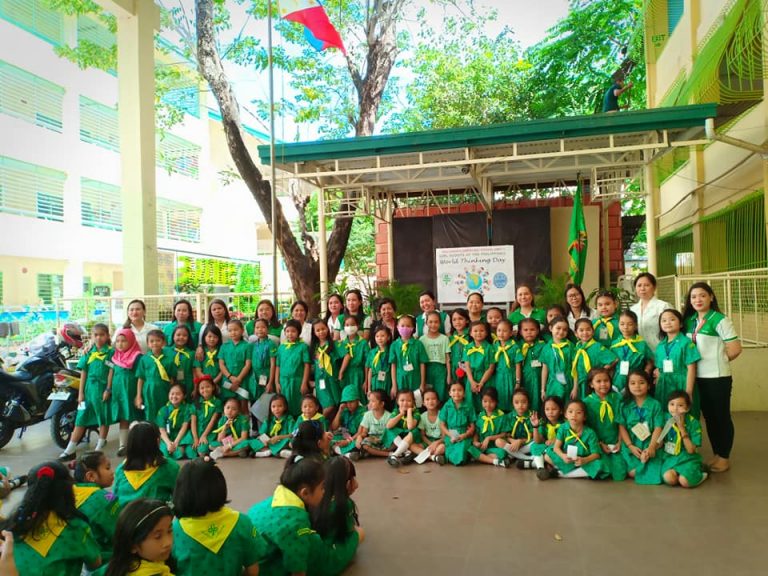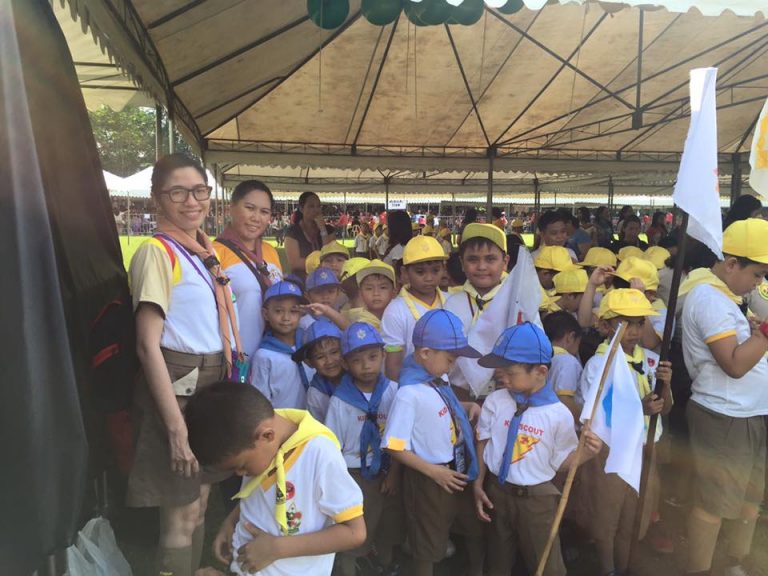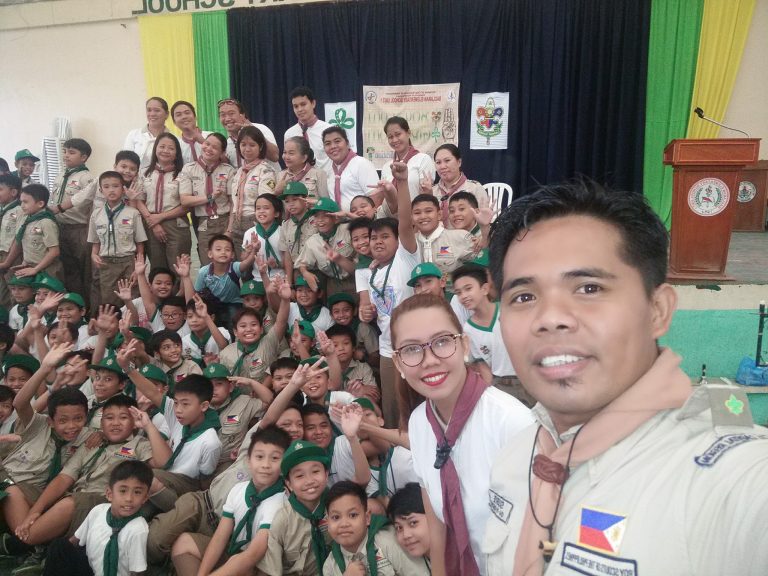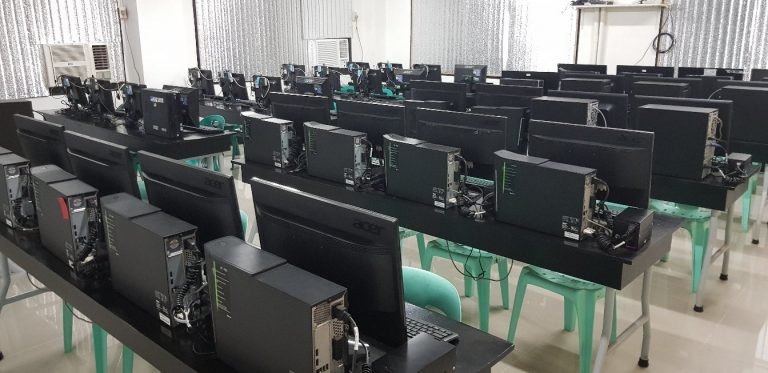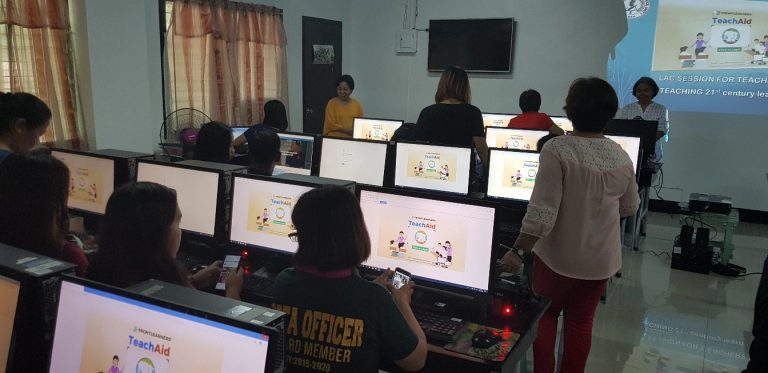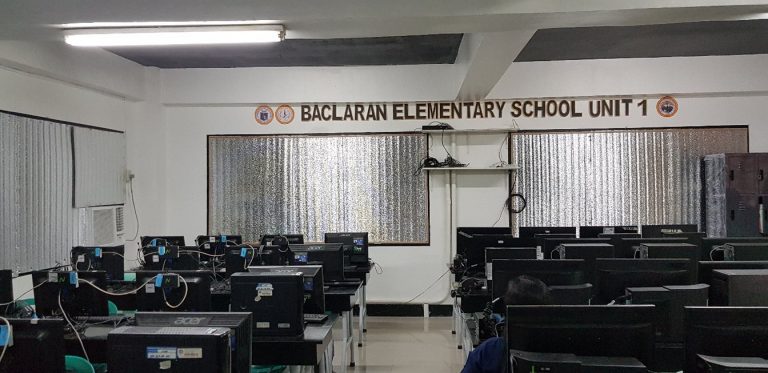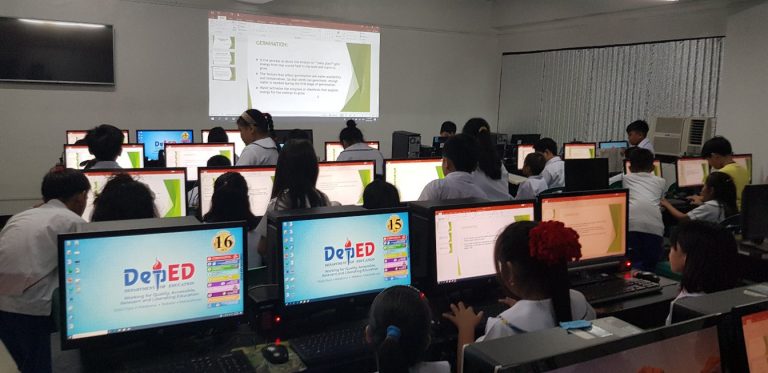ALTERNATIVE LEARNING SYSTEN (ALS)
The Alternative Learning System (ALS) is a parallel learning system in the Philippines that provides opportunities for out-of-school youth and adult (OSYA) learners to develop basic and functional literacy skills, and to access equivalent pathways to complete basic education.
A viable alternative to the existing formal education system, ALS encompasses both non-formal and informal sources of knowledge and skills. As a second chance education program, it aims to empower OSYA learners to continue learning in a manner, time and place suitable to their preference and circumstances, and for them to achieve their goals of improving their quality of life and becoming productive contributors to society.
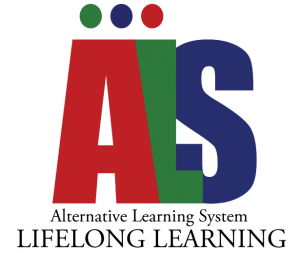
BRIGADA ESKWELA
The National Schools Maintenance Week also known as the “Brigada Eskwela” is an annual activity led by DepEd where everyone in the school community – including the private sector – work together to prepare schools for the opening of the classes.
GULAYAN SA PAARALAN
Gulayan sa Paaralan, which started in Malvar, Batangas in 2017, aims to raise public consciousness on health and nutrition by planting vegetables in available spaces in schools. It also seeks to supplement the food given to students in the school’s supplemental feeding program.
The Department of Education(DepEd), through the Bureau of Learner Support Services-School Health Division (BLSS-SHD), sustains the Implementation of the Gulayan sa Paaralan Program(GPP) in Public Elementary and Secondary Schools Nationwide to Address malnutrition and promote vegetable production and consumption among schoolchildren. DepEd Memorandum (DM) No. 293, s. 2007 was issued to encourage both public elementary and secondary vegetables for school feeding, specially School-Based Feeding Program (SBFP)
FEEDING PROGRAM
The SBFP aims to (1) address hunger and encourage learners to enroll; (2) contribute to the improvement of their nutritional status; (3) provide nourishment for their growth and development and help boost their immune system, and (4) enhance health and nutrition values and behaviour.
WINS PROGRAM
The DepEd WinS Program is designed to achieve learning and health outcomes of Filipino students through a comprehensive, sustainable, and scalable school-based WASH program pursuant to the State’s mandate to defend the right of children to dignity, assistance, and protection from conditions that would hamper their development.
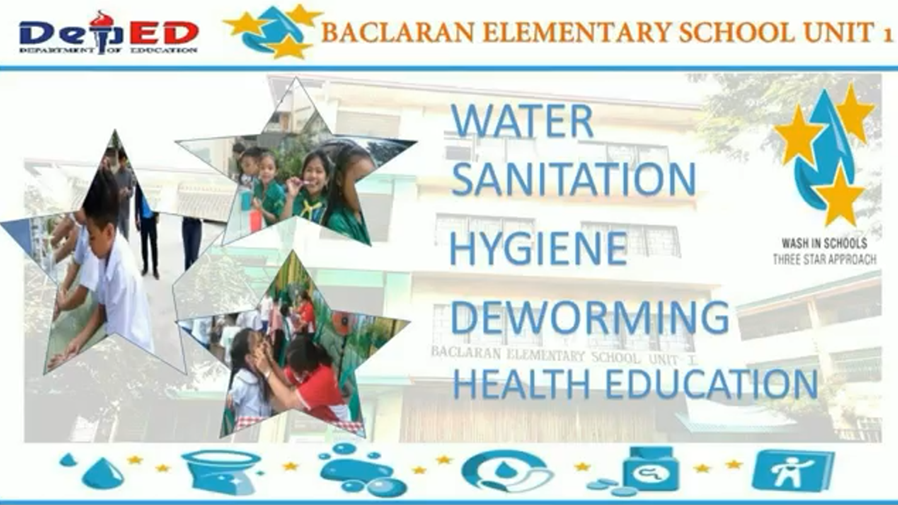
GSP
The Girl Scouts of the Philippines (GSP) is the national Girl Scouting association for girls and young women in the Philippines. Its mission is “to help girls and young women realize the ideals of womanhood and prepare themselves for their responsibilities in the home, to the nation, and to the world community”.
BOY SCOUTS OF THE PHILIPPINES (BSP)
The Boy Scouts of the Philippines (BSP) is the national scouting association of the Philippines in the World Organization of the Scout Movement. The Scout movement was first introduced in the Philippines on 1910 during the American Colonial Rule. It was “granted Recognition as a Member Organization of the Boy Scouts International Conference…with effect from October 31, 1936” by virtue of certification signed by J. S. Wilson, Olave Baden-Powell, and Daniel Spry.
INFORMATION AND COMMUNICATION TEACHNOLOGY (ICT)
Information and Communication Technology (ICT) in education is the mode of education that uses information and communications technology to support, enhance, and optimize the delivery of information. Worldwide research has shown that ICT can lead to improved student learning and better teaching methods.
GENDER AND DEVELOPMENT (GAD)
GENDER AND DEVELOPMENT (GAD) is a development perspective that recognizes the unequal status and situation of women and men in society.
— Women and men have different development needs and interests, which are institutionalized and perpetuated by cultural, social, economic, and political norms, systems, and structures.
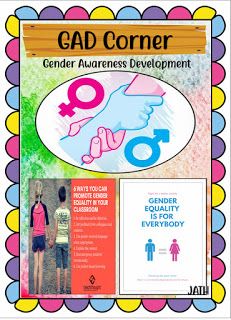
DISASTER RISK REDUCTION MANAGEMENT
Republic Act No. 10121 or the Philippine Disaster Risk Reduction and Management Act of 2010 (DRRM Act) is a law that transforms the Philippines’ disaster management system from disaster relief and response towards disaster risk reduction (DRR). It was approved on May 27, 2010.
The National Disaster Risk Reduction and Management Council (NDRRMC), formerly known as the National Disaster Coordinating Council (NDCC), is a working group of various government, non-government, civil sector and private sector organizations of the Government of the Republic of the Philippines established by Republic
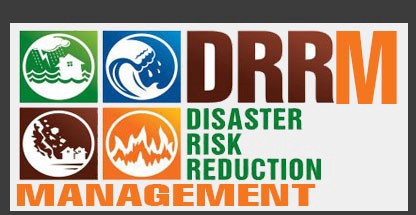
DISASTER RISK REDUCTION MANAGEMENT
The Department of Education (DepEd) is strengthening it’s National Drug Education (NDEP) to protect learners from the adverse effects of dangerous drugs. The NDEP is a comprehensive educational program, which provides a holistic approach to preventing and eliminating the menace of drugs in the country.
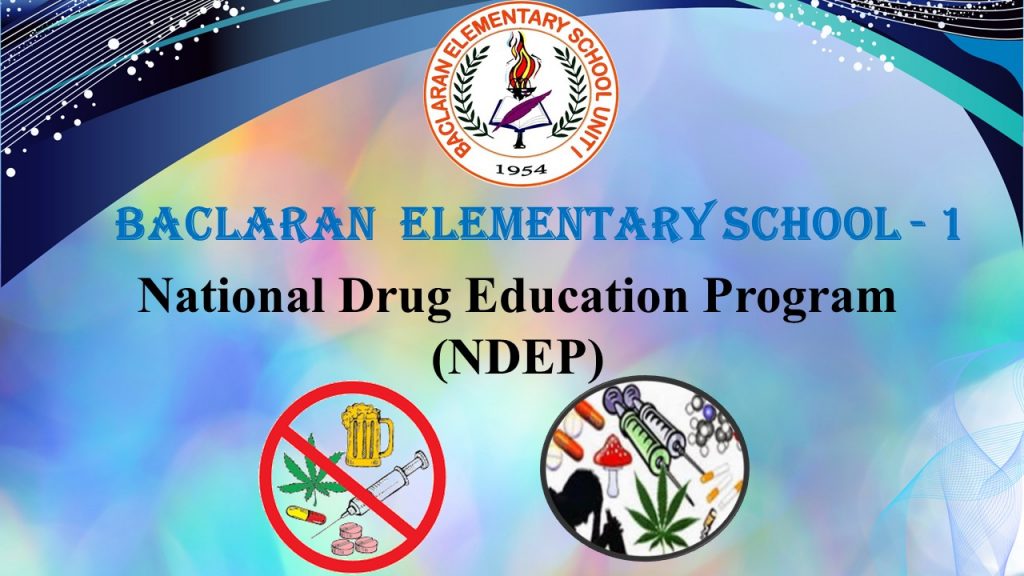
ALIVE
It means Arabic Language and Islamic Values Education (ALIVE). It is a program being implemented in the public schools which aims to provide additional subjects on Arabic Language and Islamic Values in the regular basic education curriculum. The inclusion of ALIVE program has started in 2005. The Madrasah Education, ALIVE Program was created to provide the Muslim learners with a quality education that is responsive to their needs to acquire knowledge and skills with values anchored on the Islamic faith to prepare them for further learning and challenges in society today.
